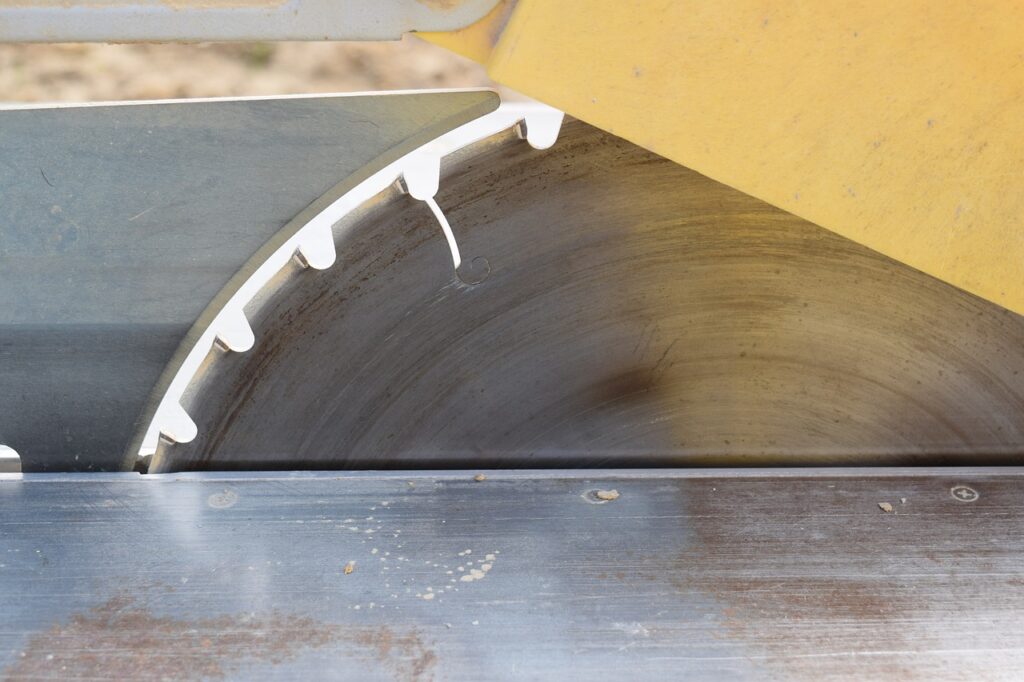Woodworking is a rewarding hobby that allows you to create beautiful and functional pieces from wood. As a beginner, choosing the right tools is essential for success. In this article, I’ll guide you through the must-have tools for beginner woodworking, along with safety tips and project ideas to get you started on your woodworking journey.
Introduction
Woodworking is not only a creative outlet but also a practical skill that can save you money and provide a sense of accomplishment. Having the right tools is crucial for enjoying woodworking and achieving professional-looking results.
Benefits of Woodworking
Woodworking offers numerous benefits, including stress relief, creativity stimulation, and the satisfaction of creating something with your own hands. It’s also a great way to improve hand-eye coordination and problem-solving skills.

Essential Beginner Woodworking Tools
To get started with woodworking, you’ll need a few basic tools to tackle most beginner projects. These include:
- Circular Saw: Ideal for cutting straight lines and basic shapes.
- Hammer: Essential for driving nails and assembling projects.
- Drill: Used for drilling holes and driving screws.
- Measuring Tape: Ensures accuracy in cutting and assembly.
- Sander: Smooths rough edges and surfaces for a polished finish.
- Chisels: Useful for carving and shaping wood.
- Clamps: Holds pieces of wood together securely during assembly.
Safety Tips
Safety should always be a top priority when working with woodworking tools. Here are some essential safety tips to keep in mind:
- Always wear safety goggles and hearing protection when operating power tools.
- Keep your work area clean and free of clutter to prevent accidents.
- Use sharp tools and blades to reduce the risk of kickback and accidents.
- Familiarize yourself with each tool’s safety features and read the manufacturer’s instructions carefully.
Basic Techniques
Before diving into your first woodworking project, it’s essential to learn some basic techniques. These include:
- Measuring and Marking: Accurate measurements are crucial for successful woodworking projects. Use a measuring tape and marking tools to mark your cuts accurately.
- Cutting and Shaping: Mastering techniques like cross-cutting, ripping, and bevel cuts will help you achieve precise results.
- Joinery: Learning how to join pieces of wood together using techniques like butt joints, miter joints, and dowel joints is essential for building sturdy projects.

Project Ideas
Now that you have the tools and techniques down, it’s time to start woodworking! Here are a few beginner-friendly project ideas to get you started:
- Simple Bookshelf: Build a basic bookshelf using pre-cut lumber and simple joinery techniques.
- Wooden Picture Frame: Create custom picture frames for your favorite photos using basic woodworking tools and techniques.
- Cutting Board: Make a personalized cutting board using hardwood scraps and a few basic tools.
- Plant Stand: Build a stylish plant stand to showcase your favorite indoor plants.
- Wooden Box: Craft a decorative wooden box for storing small items or as a gift for a loved one.
Conclusion
In conclusion, woodworking is a rewarding hobby that offers both practical and creative benefits. By investing in the right beginner woodworking tools and learning some basic techniques, you can embark on a fulfilling woodworking journey and create beautiful projects for years to come.
FAQs
Q: Do I need expensive tools to start woodworking?
A: Not necessarily. While quality tools can make the job easier, there are plenty of affordable options available for beginners.
Q: How do I know which type of wood to use for my projects?
A: The type of wood you choose depends on your project and personal preference. Softwoods like pine are great for beginners, while hardwoods like oak offer durability and a beautiful finish.
Q: Can I learn woodworking on my own, or do I need formal training?
A: Many woodworkers are self-taught, learning through trial and error, online tutorials, and books. However, formal training or classes can also be beneficial for beginners.
Q: How can I improve my woodworking skills?
A: Practice is key to improving your woodworking skills. Start with simple projects and gradually tackle more complex ones as you gain confidence and experience.
Q: What should I do if I make a mistake in my woodworking project?
A: Don’t be discouraged! Mistakes are part of the learning process. Try to learn from them and use them as an opportunity to improve your skills.
